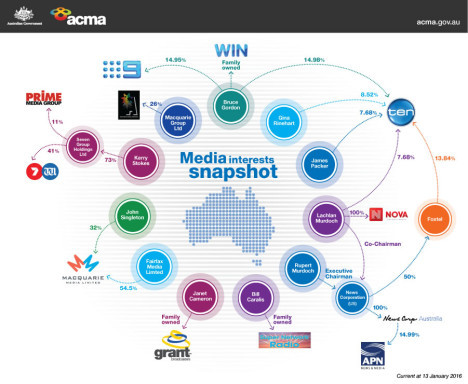Will Pauline Hanson and Derryn Hinch hold the key to media reform?
As the dust settles on what looks to be a narrow election victory for the Coalition Nic Christensen looks at how reduced majorities and a hung Senate could put the future of media reform in the hands of Pauline Hanson and Derryn Hinch.
It’s been a week, but it looks like Australia may finally have a government again (at least if Christopher Pyne is to be believed). And so the minds of many media execs are now drifting to the issue of media reform.*
But as the pieces fall more firmly into place there are more questions than answers emerging.
With an untested and eclectic mix of cross benchers in a tight lower house and Senate, it is starting to look like the very survival of some of Australia’s biggest media companies could fall into the hands of the likes of Pauline Hanson, Derryn Hinch and Jacqui Lambie.


